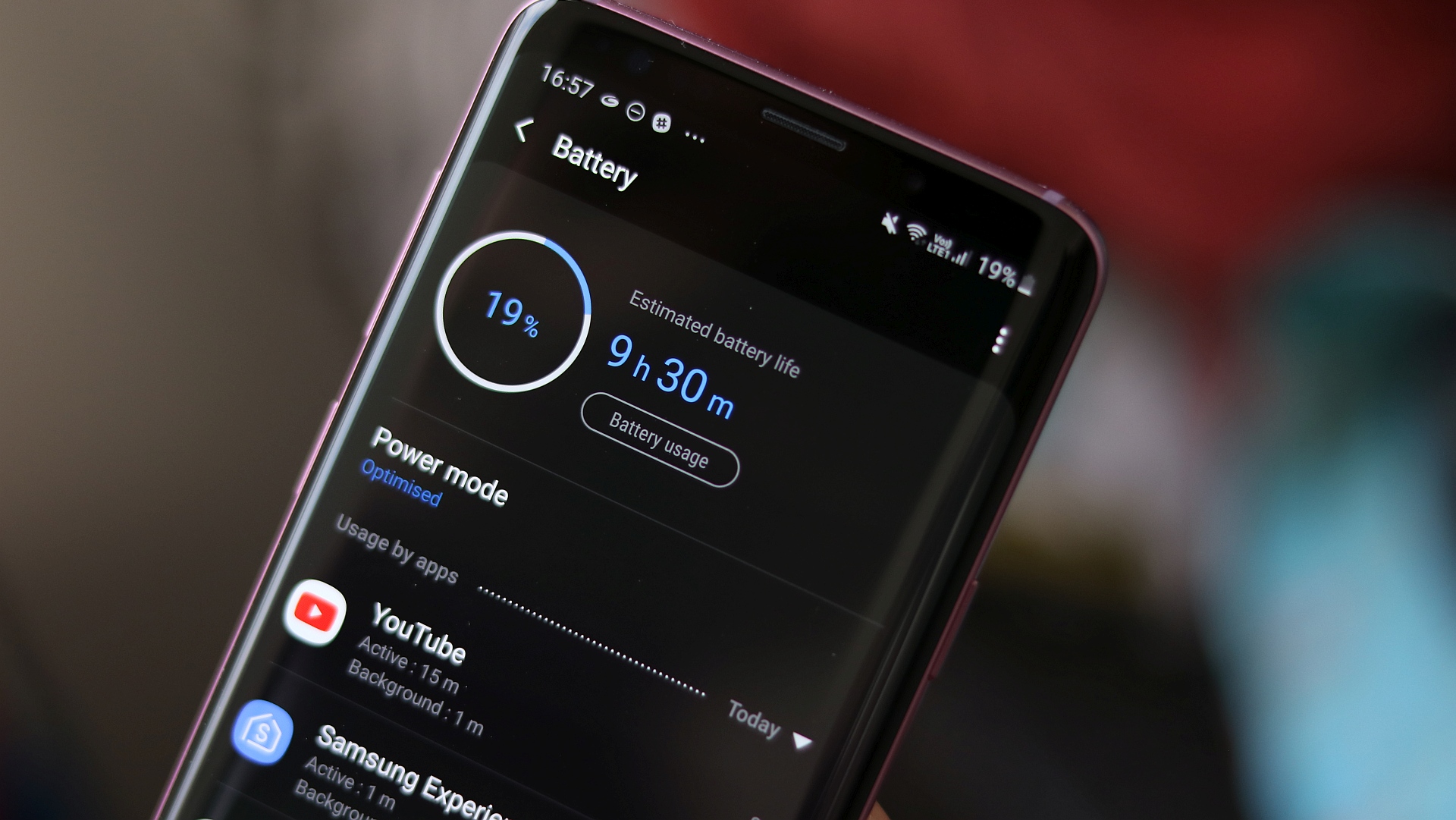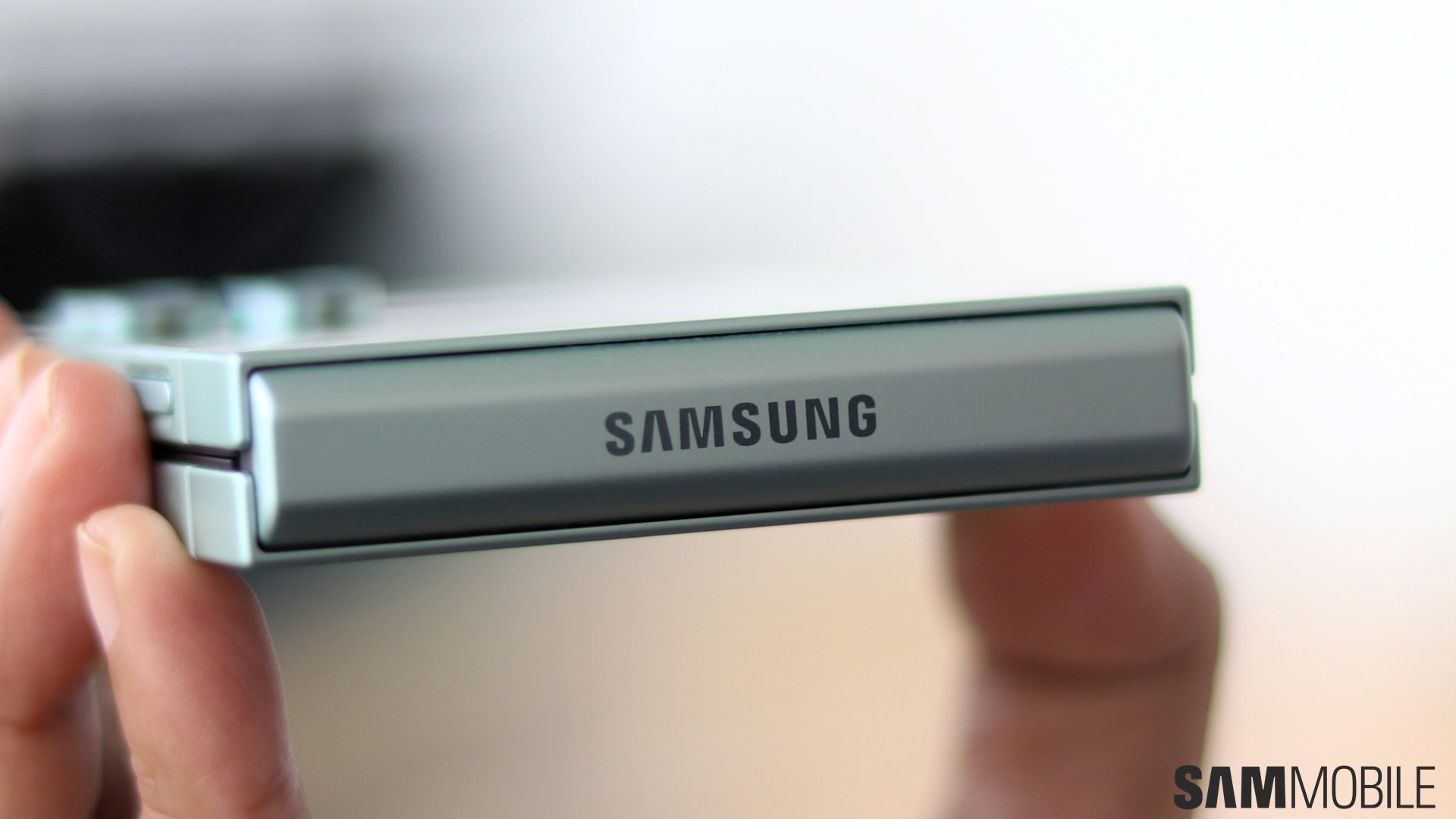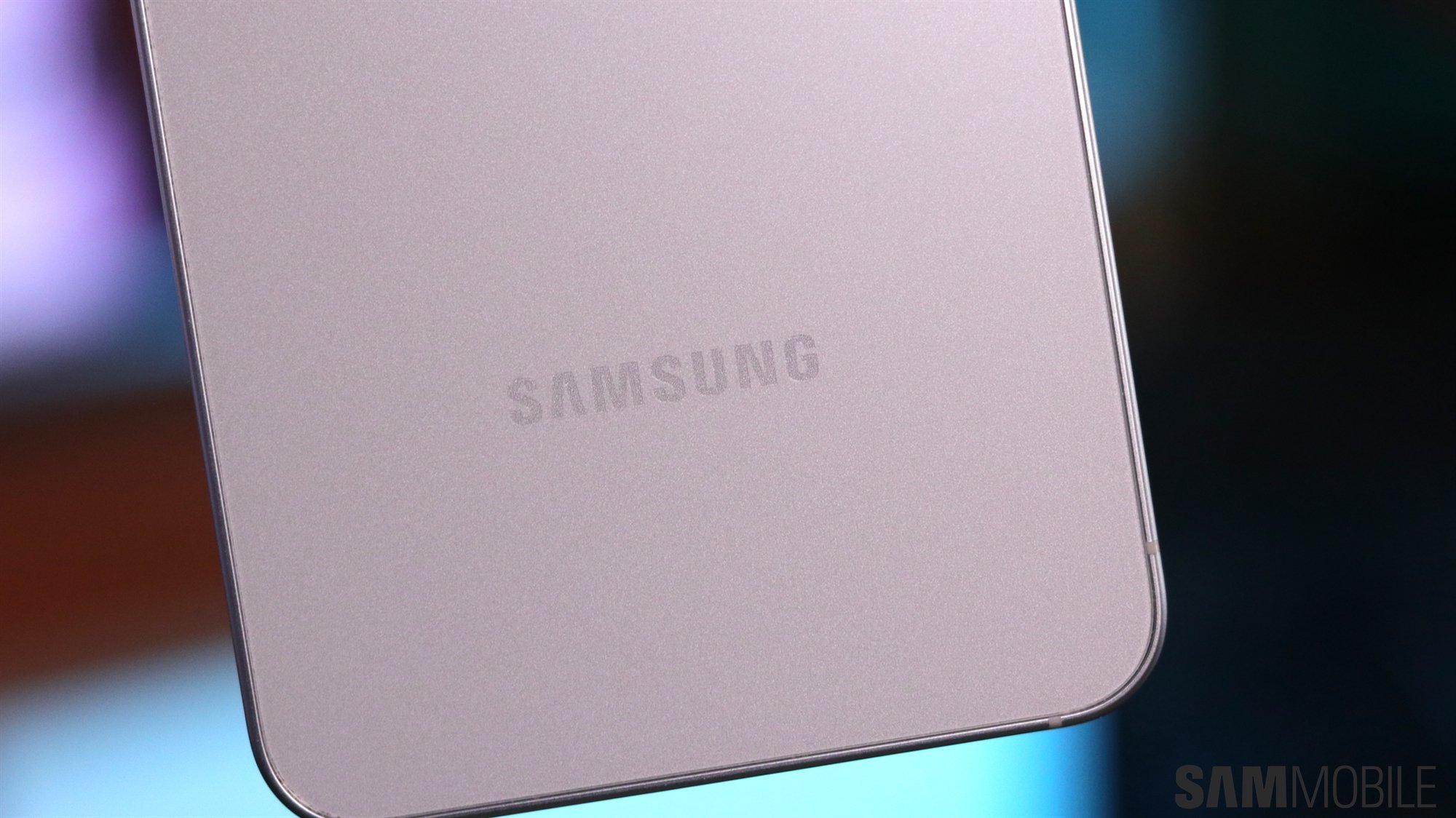
Samsung will be launching a separate 5G model of the Galaxy S10+. This will be in addition to the three 4G-enabled models which include the Galaxy S10 (E or Lite), Galaxy S10 and the Galaxy S10+.
5G Galaxy S10 and Galaxy Fold battery sizes
According to previous reports, the three Galaxy S10 models will feature 3,100mAh, 3,500mAh and 4,000mAh batteries respectively. Our friends at GalaxyClub have identified part number EB-BG977ABU as the 5,000mAh battery for the 5G Galaxy S10. They infer that this battery will be used with a different part number for budget devices like the Galaxy M20 which is also believed to have a 5,000mAh battery.
CGS-CIMB Research of Korea sent out a report last month predicting that Samsung's foldable smartphone will have a massive battery. Since the device can fold in half, there's going to be a separate battery in each half with a combined capacity of up to 6,000mAh. Our friends agree with this assessment.
The two 3,100mAh batteries for this device have part numbers EB-BF900ABA and EB-BF901ABA. This results in a combined capacity of 6,200mAh for the Galaxy Fold. It's pertinent to mention here that both of these batteries are identical to the 3,100mAh battery for the cheapest Galaxy S10.
The 5G Galaxy S10 will be available in a handful of markets only. Customers in the US and South Korea may be the only ones to take advantage of this superior battery capacity for the foreseeable future. That's because it obviously makes no sense to launch this variant in markets where no 5G network is available. Samsung will be releasing the foldable smartphone globally but it's going to cost a pretty penny.
Do you think that Samsung rightly decided the adequate capacity for each of these devices? Let us know in the comments below.


















